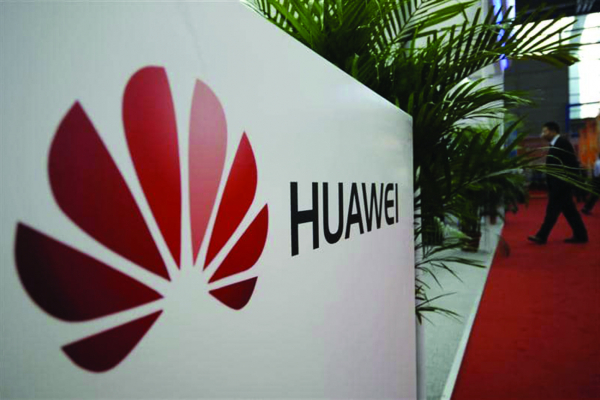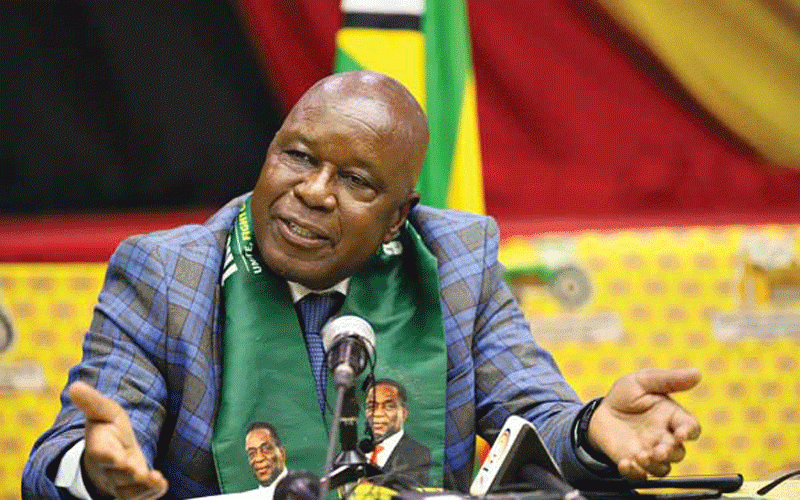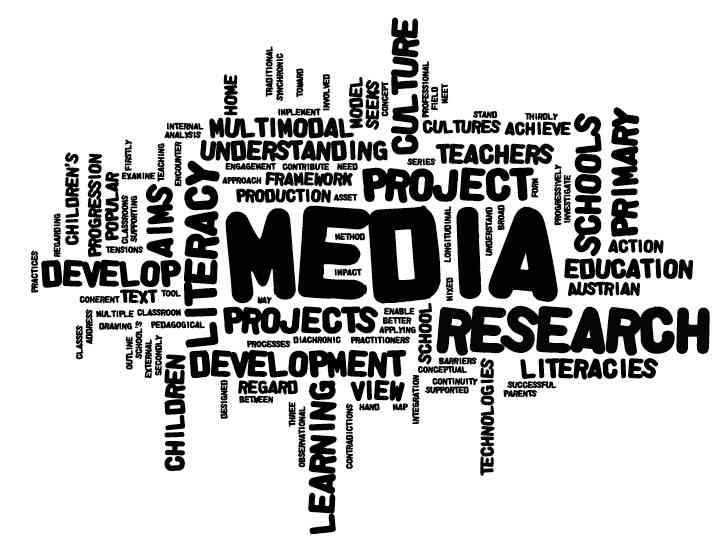
guest column Francis Mupazviriho
FOR the past seven months, Chinese tech giant Huawei has dominated international news.
The real escalation came in December last year after Canadian authorities arrested Meng Wanzhou, Huawei’s chief financial officer (CFO) at Vancouver Airport.
Meng is the daughter to Huawei’s founder, Ren Zhengfei.
Canada arrested Meng, at the request of the United States (US) which had charged Meng “with fraud linked to alleged violations of Iran sanctions”.
Following the arrest in Vancouver, Beijing instituted a number of retaliatory actions, including the arrest of some Canadians in China, which it alleged were spying.
As the story continues to unravel, with numerous threats unfolding, there has been a strong demonstration of the centrality of a huge role being played by tech multinational companies to inter-State relations and global business.
In fact, the issue has further gone beyond inter-State relations, judging by the enveloping alliances built between the East, led by China and being supported by key ally Russia, and the West led by the US and Canada.
- Chamisa under fire over US$120K donation
- Mavhunga puts DeMbare into Chibuku quarterfinals
- Pension funds bet on Cabora Bassa oilfields
- Councils defy govt fire tender directive
Keep Reading
Efforts by the US to direct the European Union (EU) to institute a bloc-wide ban have, however, hit a brick wall, indicating Europe’s autonomy in deciding member States’ auctioning processes for the 5G Network.
In light of the ensuing trade war, this latest move has hit Washington’s intended extension to ban Huawei products, including in Europe where it has a strong market share.
Despite these variations, however, the EU has stood resolute to measures towards enhancing cybersecurity.
Evidently, an entangled political spectre has unfolded.
All these developments have depicted a multi-dimensional face to the economic, political and diplomatic currents oscillating between Washington and Beijing. The media has also come to the party, with leading Western outlets expressing an antipathetic attitude towards Huawei. The BBC, in particular, went to the extent of labelling Huawei “the world’s most controversial company”, in evident conflation of matters.
There is no doubt that such narratives deliberately seek to smear Huawei by portraying it much as a progeny of the Chinese State, which is projected as “authoritarian” and opposite to Western “liberal and democratic values”.
That Huawei’s formidable rise is tied to the mainland’s growth trajectory is without doubt. What is, however, evident is that the company’s perceived shortcomings in the West are tied to the Communist Party of China (CPC)’s ubiquitous presence both at home and abroad.
Allegations of Chinese espionage through its communication technologies seek to thwart Huawei’s continuing inroads in the global market, albeit with mixed results in the West, East and even Africa, which stands as a strategic market.
Despite these mixed results emanating from Washington’s intended punitive measures, there is, however, no doubt that China’s formidable rise in tech systems has been coupled with numerous allegations of espionage activities; which work hand-in-glove to cement Washington’s projection of the dalliance between Huawei and the Chinese State.
In 2012, allegations of a similar nature were raised after Western media reported the existence of a “backdoor channel” transmitting information from the Chinese-built African Union headquarters in Addis Ababa, Ethiopia.
While allegations and conspiracies are built on a daily basis, there is no doubt that the Huawei saga, however, crowns the Chinese companies’ importance to the global business.
Huawei is the poster boy of global telecoms business, only three decades old and now having risen from obscurity to a leading multinational company of consumer electronics and telecommunications equipment.
Apart from taping the Western markets, Huawei’s formidable rise has also riled fellow Eastern competitors, who are predominantly Korean and Japanese.
Shifting nationalisms and Africa’s position
The Huawei saga is a re-incarnation of power politics and the new spectre of product nationalism. How else can one express the nationalistic expressions and built identities which Chinese citizens have shown through social media co-ordinated movements to boycott Apple products.
In the end of it all, this is a battle for supremacy between Washington and Beijing; two States tucked in the quest for dominance in the information age.
The importance of the Huawei saga is that it re-defines the elementary international affairs debate about the State’s might, judging by traditional considerations of geographical space, size of economy, size of population, military capacity, nuclear capabilities and other such indicators.
Of course, an empiric analysis of these fundamentals would show that these are relative from one country to the other.
The story of Huawei is a reminder about the centrality of the information age to globalisation and international affairs in general.
Through globalisation, there has been increased communication brought up by an unprecedented internet connectivity, which has brought the entire world into a single village.
Regarding Huawei, it is important to note that the company’s inroads to the world stage depicts the entrepreneurial aptitude of Chinese business culture and, of course, mainland’s organisational capabilities to transform its economy from a backwater to a civilisation of our time.
All this transformation is courtesy of China’s transformations over the decades.
The ensuing trade war with Washington testifies to the role of the big brands, whose importance surely goes beyond the nation State.
This is why any mention of Huawei solidly leads to comparisons with Apple, the renowned manufacturer of the high-end I-Phone, which are mostly assembled in Shenzhen and China, among other hotspots the world over.
Huawei’s global star tag speaks volumes of a story of success, unheard of in China, having numerous other big brands (such as Baidu, ZTE and Alibaba), which have largely exhibited an appeal to the huge Chinese domestic market.
In China’s indefatigable spirit, there is a strong resolve to create strong brands to compete with the likes of Microsoft, Apple or even Amazon.
Despite language hindrances impugning the growth of a number of Chinese brands abroad (with the exception of Huawei and others), there is a notable success story of commendable inroads made in the mainland, and perhaps the outpost Chinese territories.
In many ways, the story of Huawei becomes a microcosm of the macrocosm; the contestations about brand and accompanying national identities enveloping to geopolitical importance.
The Japanese, for instance, are well known of their brands; Toyota, Nissan, Sony Electronics and so on.
For the Germans, there is Mercedes Benz, Sweden it’s Volvo and there is no shortage of other such examples.
Ordinarily, this underpins the role of mega corporate entities to the State’s existence and realm of global business and politics.
With the unfolding story of Huawei brought to global stardom by the Western media, there is an evident paranoia emanating from the quest to access and control information.
While these considerations are largely about the opportunities and potential threats of globalisation, which has brought the entire world to a village, they nonetheless underscore an existing “Cold War”, not in terms of olden ideological make-ups, but in terms of business and information security terms.
The unprecedented communication of our time logically requires questions about cybersecurity for nation States, businesses and even individuals.
In the wake of these developments, which have pitted Beijing and Washington, it is incisive for Africa to ask itself the difficult questions.
Africa should ask itself about its security systems, especially considering that it is an importer of all manner of goods and services.
We are a continent having growth pursuit aspirations, including in the divide of technology. Agenda 2063 precisely captures these aspirations.
While all manner of tech supported industries are growing across the continent, these are largely manufactured in the big hubs of the world; India, China and so on.
Our role in this global value chain has largely been that of recipients of the technology.
While the trade war is about identities, brands, ownership and security concerns we, however, do not have ownership of the game-changing goods and services.
While Huawei and other Chinese brands have sprung up over the years as testimony to the springing industrial complex in the mainland, Africa has generally been slugging to the realm of innovation and technological contributions to solve local problems.
While identities have been built from brands to the extent of becoming national symbols, Africa has not had the same coping skills to arraign its own goods and services to service the world.
While conditions may vary from one African country to the next, there is, however, no doubt that Africa needs its own revolutionised brands which serve the local market.
Our collective experience denotes a continent which is largely a net exporter of agricultural and mining products, which then return as finished products.
While Africa is likely to enter into debates of who is right or wrong, these are, however, unhelpful interactions for now.
Our resolve should be about how secure we are, given the increasing fundamentals of enhancing cybersecurity in general, and not as a response to the allegations and counter allegations of espionage activities.
At this stage, we should ask ourselves about our ownership or lack thereof strong tech systems and brands.
This, however, seems an ephemeral debate to us, given other hard pressing elementary needs, as opposed to this essential trade war, which should essentially worry us.
As Washington points to Beijing’s subterfuge, in its resolve to degrade Huawei’s growing profile, Africa should generally think about its lack of home grown tech goods and services to serve the individual, business and collective needs of African States.
In this complex information industry, there is a huge reminder regarding the importance of indigenous knowledge systems to create products serving the African market.
This is fundamental for our universities which should manufacture knowledge, especially in the information age of our times.
While the trade war continues, with potential ripple effects to the global value chain, there is a strong reminder about the defining role of brands in this information age.











